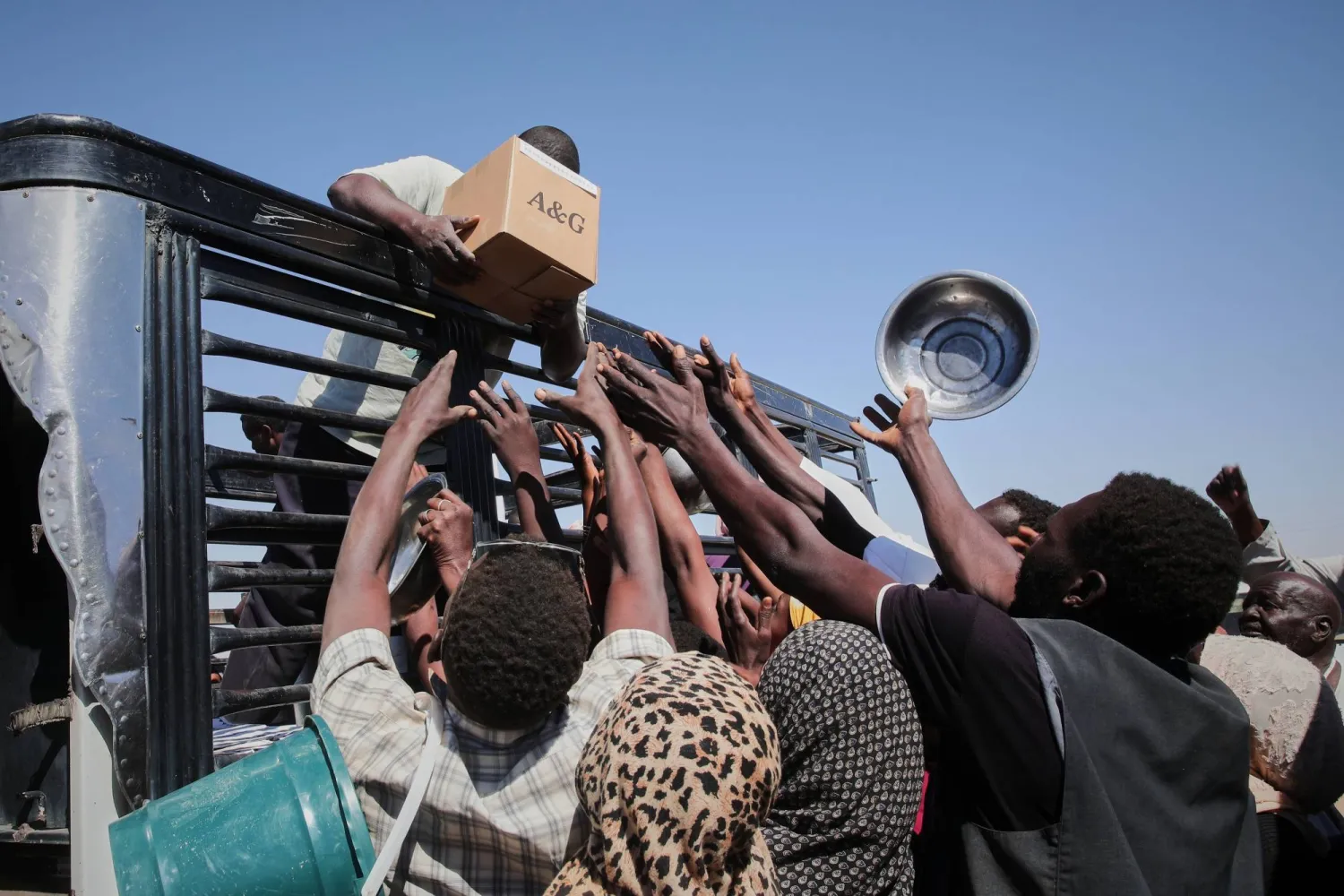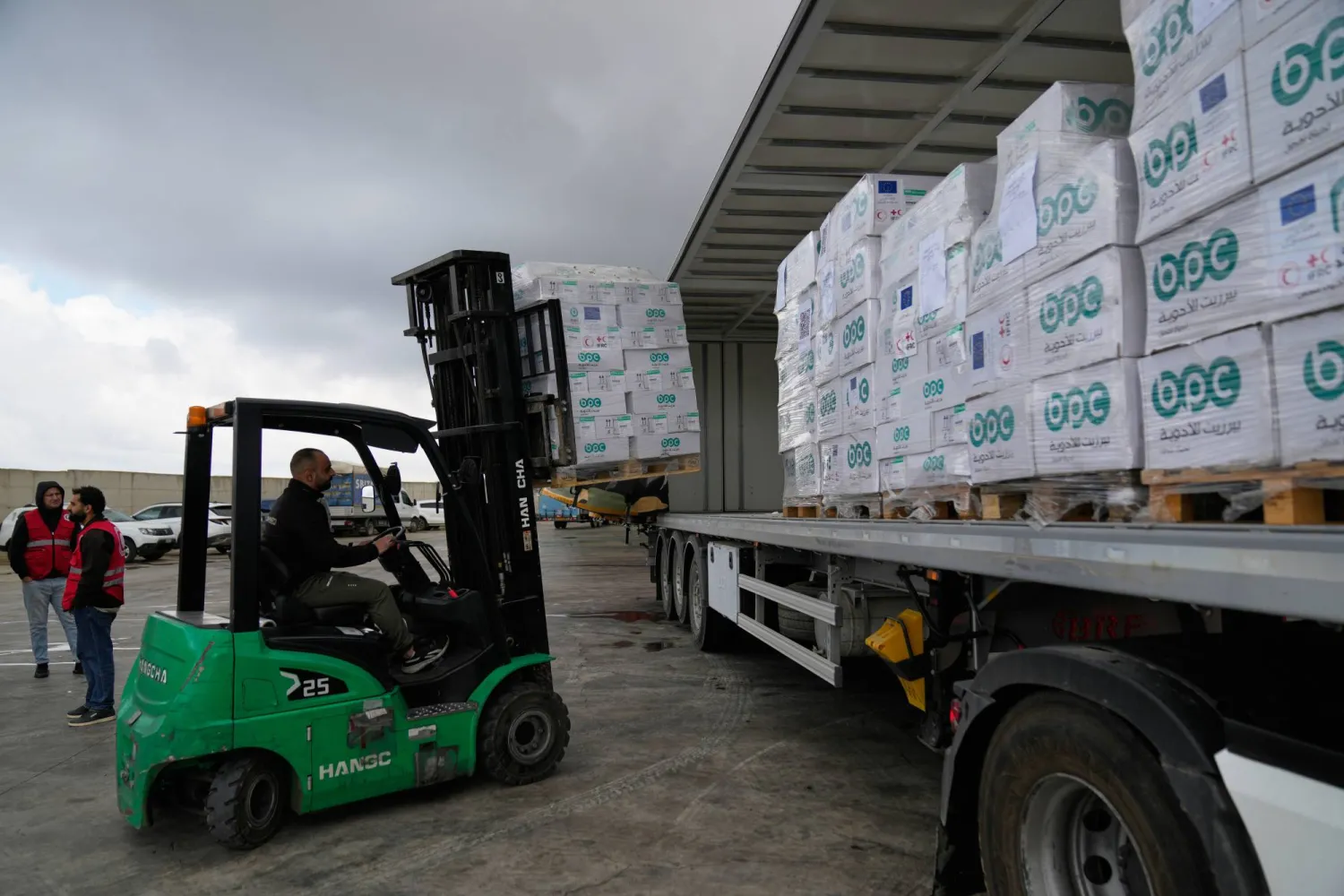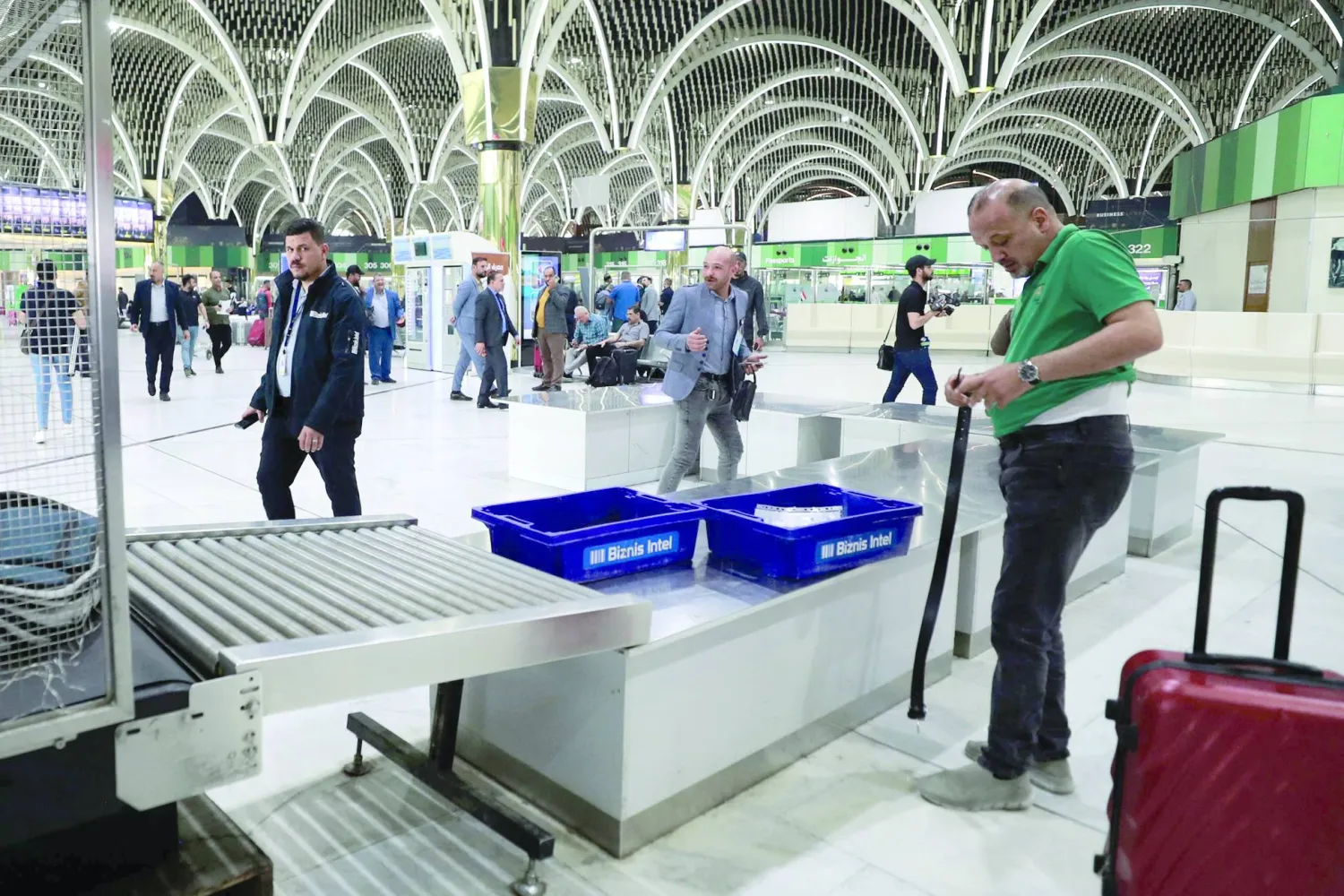A village in the mountains southeast of Beirut was in shock after an Israeli airstrike demolished a residential building and partly destroyed another, killing seven people, including three children.
Hadi Zahwe, a resident of the area, told reporters that the strike on Sunday was "terrifying."
"There were children killed, there were children’s body parts," he said. "This enemy is targeting civilian women and children."
Israel has carried out a widening aerial bombardment of many parts of southern and eastern Lebanon and Beirut’s southern suburbs over the past two weeks, targeting what it said were Hezbollah fighters and weapons.
It was not clear what the intended target was in Sunday’s strike, which was the first one to hit the area.
Mahmoud Nasr Eldin, the town’s deputy mayor, said the village contains "no security or military centers."
"There’s nothing in Qmatiyeh that they’re looking for — it’s a safe area," he said. "We welcomed around 15,000 internally displaced people. They are our people, they ran away from their villages and came to get protection here."









